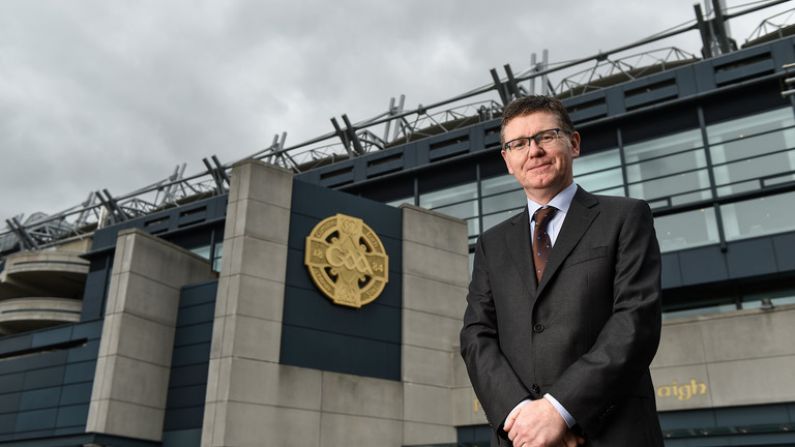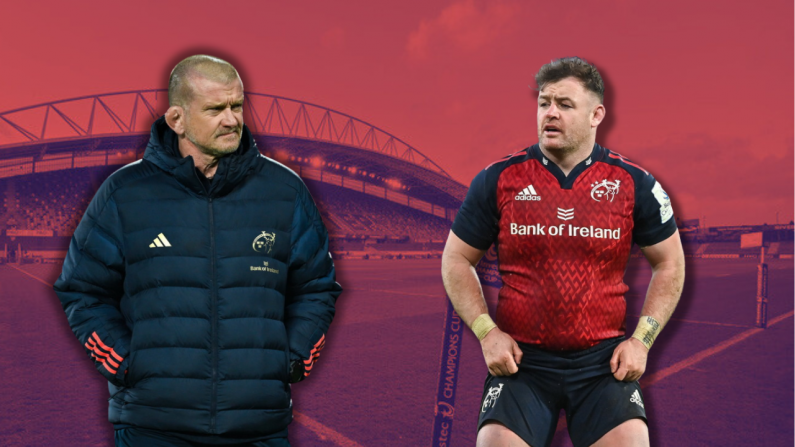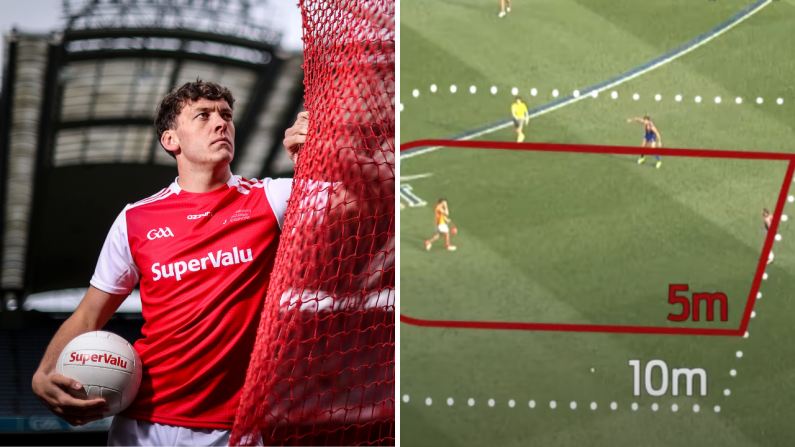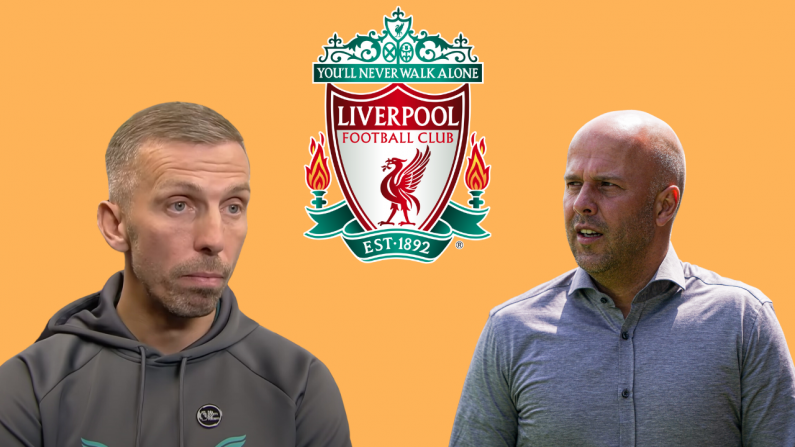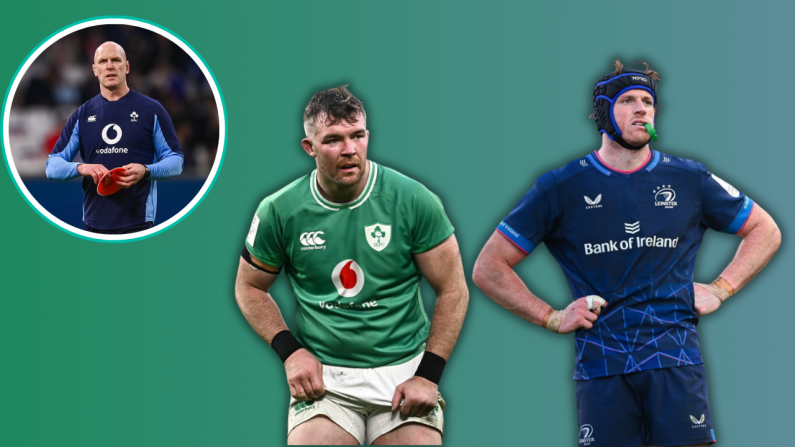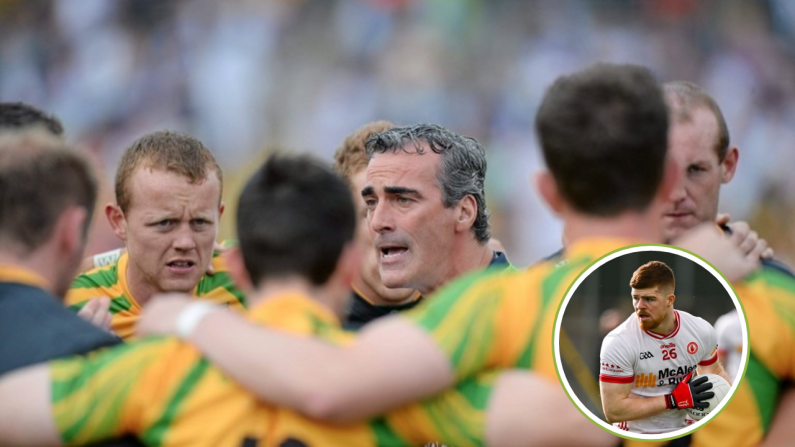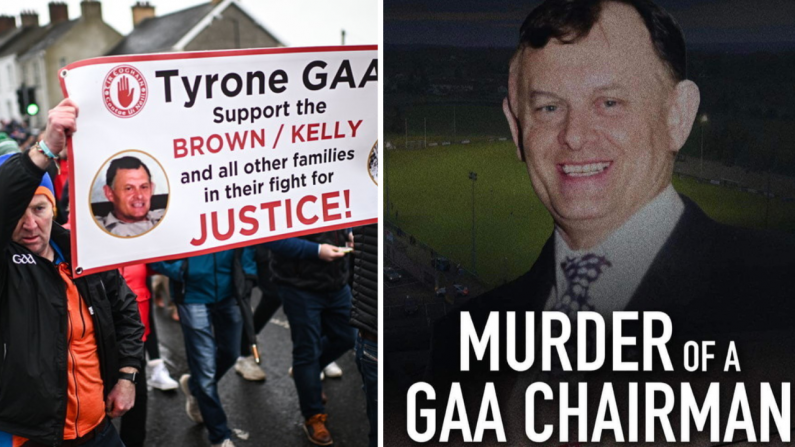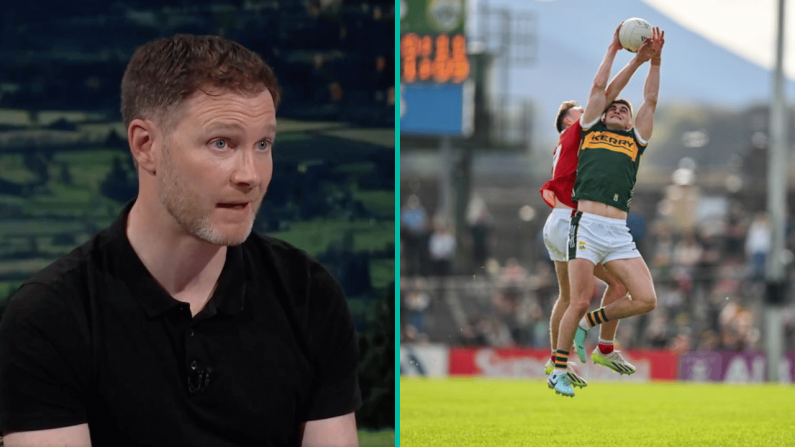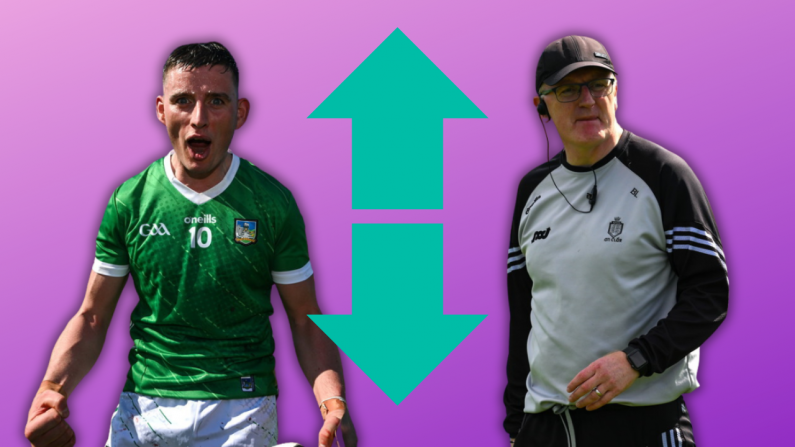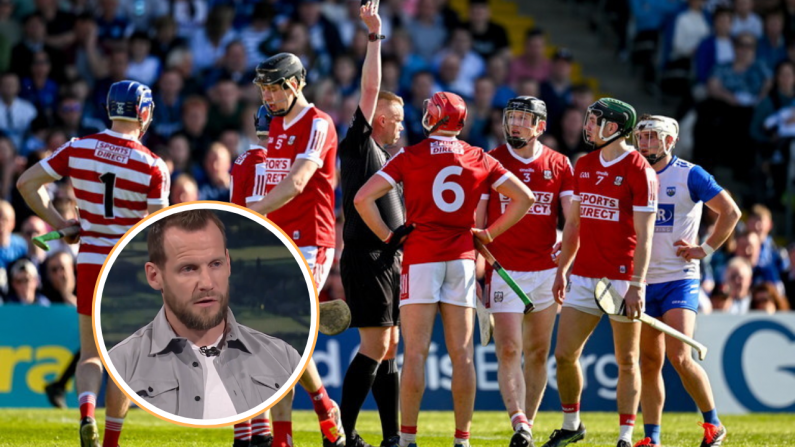It's tempting to view the GAA as the organisation of wide influence but narrow minds.
It's not fair to do so, however.
Instead, this week has shown the GAA's zeal for debacle. Páirc Ui Chaoimh should obviously host Liam Miller's posthumous testimonial, and there is no reasonable argument against the game taking place in the larger venue.
That the GAA couldn't arrange this straight away is poor; that it was then explicated with reference to legal advice is appalling.
Amid the deluge of criticism, Damien Duff's comments this morning were the most caustic.
A young man has passed away, left a young family behind and all they're looking to do is play a game which will bring people together, firstly. It will be a lovely occasion which will help Liam Miller's family. I just find it absolutely disgraceful that they can't open the gates of the stadium for one day.
I'd like to think - I don't read the media - that's everyone's feelings on it.
I just find it a disgrace and it's the same old dinosaurs in the GAA making decisions.
While Duff is right that the game should be hosted at the new Páirc his portrayal of the GAA as "dinosaurs" is unfair.
Such an image of the GAA is outdated and is a vestige of the absurd quiddities of The Ban and its Vigilance Committee; an era captured by Bill Graham's assertion in Hot Press that if readers wished to understand the Soviet Union they need only imagine an entire country run by the GAA.
Today, the GAA is a very different organisation, blinded not by its own myopia but instead by the dazzling lights of the future it has sprinted toward. A cursory glance at the last eighteen months bears this out.
Congress, once believed to be too democratic to actually achieve anything, has lapsed into a frenzy of productivity. The football championship has adopted the Super 8s, a format encouraged by the top of the organisation; the senior hurling championship has been revolutionised; the minor and under-21 football championships have been regraded. There are more games than ever in a shorter space of time, to the extent that September will no longer shake to the ancient rhythms of the All-Ireland finals.
Elsewhere, hawk-eye was set up in Croke Park before goal-line technology was trialled in the Bundesliga; experimental rules have finally stuck in Gaelic football; the GAA's publishing of match clips and highlights on social media, far outstrips that of, for example, the League of Ireland, where wonder goals scored on a Monday evening are unlikely to be seen for a full week.
Whether or not these are all good developments is debatable, but they are all proof that the GAA can mix it with the best of Silicon Valley when it comes to moving fast and breaking things.
If anything, since the turn of the millennium, rather than resembling dinosaurs wallowing in the primacy of their past status the GAA can be accused of being too anxious about the future.
In a relative sense, the GAA are remarkably introspective: the 2002 Strategic Review ran to 264 pages and was one of the most rigorous bouts of self-analysis ever undertaken by an organisation in Ireland.
This isn't to say that this is entirely healthy: if the GAA were not so anxious about what might happen in the future, perhaps the over-funding of Dublin amid the unease that the sports might be lost to the capital may never have happened.
This anxiety about their status in Ireland is evident in the GAA's attitude to money, too. While often derided as the Grab All Association, the GAA's attitude to money is not macabre, although neither is it Micawber: the GAA are governed by the inverse condition that money might never turn up again.
The GAA's use of funds is admirable: much of what is garnered by Croke Park is pushed downward. Of last year's income of €65 million, €15 million was given to clubs and counties to meet competition costs, a further €10 million went to coaching and €9 million was spent on grants and infrastructure.
There is a constant - and perhaps overstated - anxiety about the influx of money (the GAA have put away a million euro over each of the last two years into a kind of rainy day fund) but more than half of the GAA's income comes from gate receipts, which is a more volatile source of income than broadcast rights or sponsorship.
The Newbridge or Nowhere saga was another PR bungle but was instructive of a couple of things. It was proof that the Association's balance between income and competition is skewed, and the whole fiasco became a kind of Trojan Horse from which emerged myriad grievances with the GAA. There is a dislocation between the ground and the chiefs which needs addressing.
But it was also proof of the importance of infrastructure to the Association. In terms of the prodigious building of infrastructure across Ireland as a way of accruing soft power in communities, the Catholic Church's only rivalry is the GAA. In contrast to the former, however, the GAA have given the country a far more benign focal point for community, and given even the most remote parts of Ireland a priceless matrix for communication and empathy. This is its abiding achievement.
The GAA's next action should be to open up Páirc Ui Chaoimh for the tribute game.
After that, with the tag of "dinosaurs" long since sloughed off, it will be time to stand still and revisit the greatest achievements of the previous era, to ensure that everyone feels they have a stake in the GAA.

